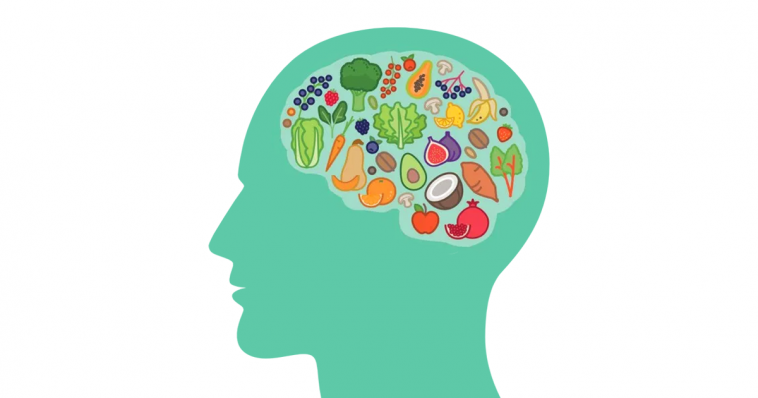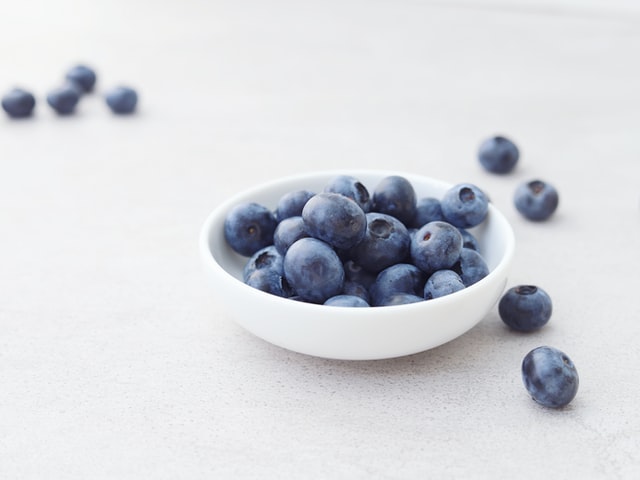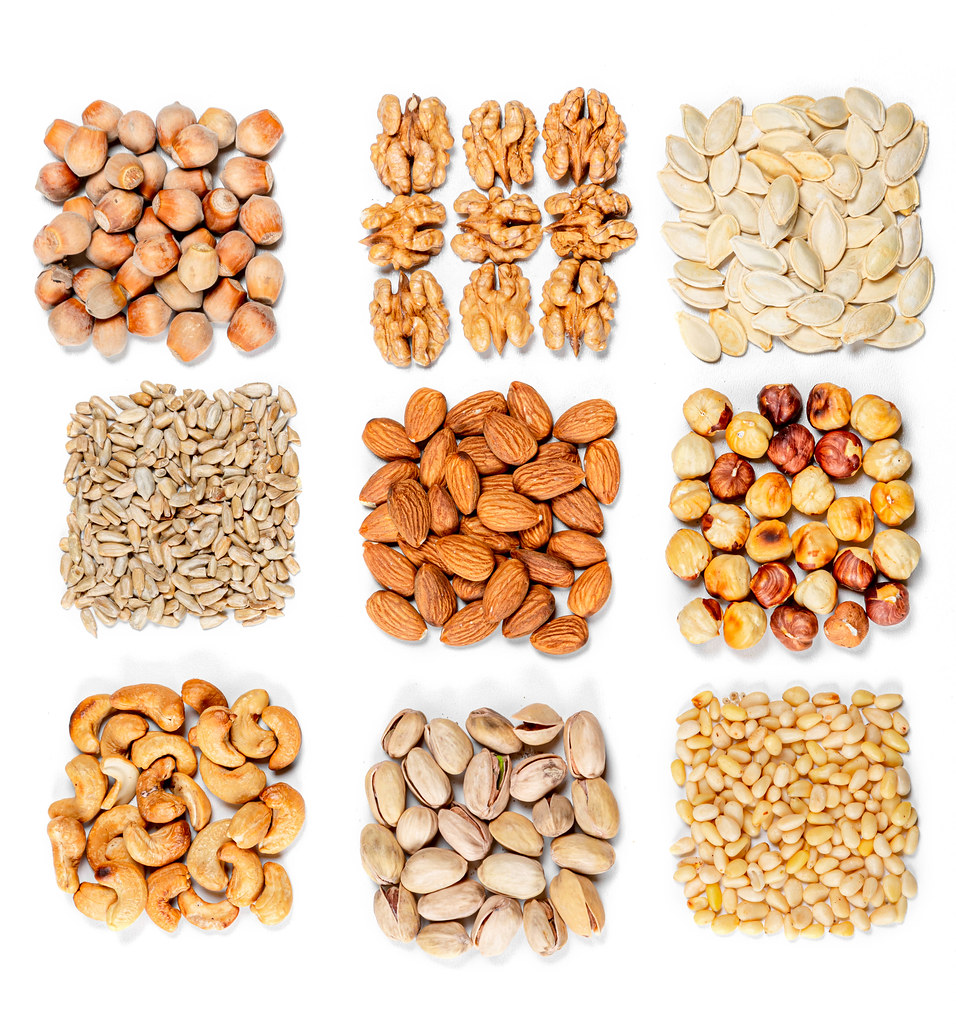Alzheimer’s disease (AD) is the most common neurodegenerative condition in the world. AD is a progressive condition characterized by modifications to neurons in the brain, leading to brain shrinkage and loss of functioning neurons. Neuropathological changes result in cognitive decline, memory problems, and the lack of ability to perform regular daily tasks, such as dressing and speaking. There is no cure presently for AD; however, there is much research being performed to find ways of preventing AD or modifying the presenting symptoms, and this research includes nutritional factors. Here we will present some information on AD and how to maintain good brain health through diet.
What Causes Alzheimer’s Disease?
AD is not a standard requisite of aging, although the likelihood of developing such neurodegenerative disorders does increase with age; it is noteworthy that some persons are predisposed to developing these conditions due to genetics. The cause of idiopathic AD is not known; however, lifestyle factors have been given a great deal of scrutiny in the scientific literature. It is now known that there are steps that can be taken to give our brains the best fighting chance in the face of adversity and the general aging process. This article will provide an insight into what can be done to maintain optimal brain health throughout our lives.
What Can We Do To Boost The Brain?
The good news is that brain health can be optimized in an effort to reduce the risk of diseases such as AD. Take a look at these brain-boosting foods:
1. Blueberries
Blueberries have gained some interest in the scientific field in particular in relation to their potential protective properties in the brain. A recent study administered blueberries to older adults who were at an increased risk of developing dementia. They were provided whole blueberries in a powdered form and compared to a placebo (powder without blueberries in). After 16 weeks, brain imaging was able to show that there was enhanced neuronal activity during a working memory challenge in those treated with blueberry extract when compared to the placebo group [1]Boespflug, EL, et al., Enhanced neural activation with blueberry supplementation in mild cognitive impairment. Nutr Neurosci, 2018. 21 (4): p. 297-305.. This data supports earlier studies proposing there are brain-boosting-benefits associated with blueberries.
2. Turmeric
Curcumin is a polyphenol and an active ingredient found in turmeric. Curcumin is known to have powerful antioxidant and anti-inflammatory properties and has been assessed for its efficacy in managing Alzheimer’s disease symptoms. Positive benefits have been observed in modifying the pathology associated with Alzheimer’s disease [2](reviewed by) Tang, M. and C. Taghibiglou, The Mechanisms of Action of Curcumin in Alzheimer’s Disease. J Alzheimers Dis, 2017. 58 (4): p. 1003-1016..
3. Coffee & Tea
For coffee lovers, it will be interesting to know that last year a study correlated coffee intake with the presence of beta-amyloid (A-β), a deposit of aggregated protein associated with AD pathology that interferes with the brain’s ability to function normally. Those lifetime drinkers of greater than two cups of coffee a day presented with lower levels of A-β when compared to those lifetime drinkers of less than two cups of coffee per day [3]Kim, J.W., et al., Coffee intake and decreased amyloid pathology in human brain. Transl Psychiatry, 2019. 9 (1): p. 270.. If tea is your preferred beverage, then you will be pleased to know a recent review of tea consumption, and AD showed multiple reports of positive effects. How tea helps specifically is unclear, but this is a growing area of research [4]Polito, C.A., et al., Association of Tea Consumption with Risk of Alzheimer’s Disease and Anti-Beta-Amyloid Effects of Tea. Nutrients, 2018. 10 (5)..
4. Oily Fish
There are multiple reports that eating a diet rich in oily fish such as mackerel, tuna, salmon, and herring can help boost the brain and reduce the risk of developing dementia. One of the considerations for this effect is the rich presence of omega-3 in oily fish, omega-3 is important for both the developing brain and maintaining a healthy brain throughout life; however, this is an area that continues to be researched. What is known is that a diet rich in fish has been shown to promote brain and heart health; this may prevent cognitive decline and reduce the symptoms in mild AD cases [5]Cederholm, T., Fish consumption and omega-3 fatty acid supplementation for prevention or treatment of cognitive decline, dementia or Alzheimer’s disease in older adults – any news? Curr Opin Clin Nutr Metab Care, 2017. 20 (2): p. 104-109..
Related: 5 Reasons Why Salmon Is Good For The Brain
5. Dark Chocolate
Who does not love chocolate? Well, here is some good news: a randomized controlled trial has shown that consumption of cocoa flavanols in the form of dairy-based cocoa drinks can improve some cognitive functions in the elderly population [6]Mastroiacovo, D., et al., Cocoa flavanol consumption improves cognitive function, blood pressure control, and metabolic profile in elderly subjects: the Cocoa, Cognition, and Aging (CoCoA) Study–a randomized controlled trial. Am J Clin Nutr, 2015. 101 (3): p. 538-48.. Additionally, blood pressure control was observed; blood pressure changes have been proposed as one of the mechanisms that contribute to a decline in aging brains.
6. Nuts & Seeds
Nuts are encouraged as part of the diet for a number of health reasons, including to boost the brain. Recently, a study showed that almonds, hazelnuts, and walnuts impact on several aspects of AD pathology [7]Gorji, N., R. Moeini, and Z. Memariani, Almond, hazelnut and walnut, three nuts for neuroprotection in Alzheimer’s disease: A neuropharmacological review of their bioactive constituents. Pharmacol Res, 2018. 129 : p. 115-127.. These nuts contain macro- and micro-nutrients in addition to all important phytochemicals. The added benefit of the nuts showed that cholesterol could be lowered, and they also have anti-inflammatory properties. Inflammation underpins many conditions, including cancer. Nuts and seeds are also a very good source of vitamin E, a known antioxidant, and a brain protector [8]Behl, C., Vitamin E and other antioxidants in neuroprotection. Int J Vitam Nutr Res, 1999. 69 (3): p. 213-9.. Notably, vitamin E is reduced in the brains of some patients with AD and has, for this reason, been explored in the treatment of AD with varied results. Vitamin E should be considered as part of a healthy diet throughout life.
Summary
Whilst there is scientific evidence in support of these dietary contributions and their potential for reducing the risk or impact of AD, the caveat is that the outcome will always vary between individuals due to a number of factors. AD is a very complex disease with no currently known cure; however, we can take charge of our brain health by ensuring it is well nourished.
Most of us will know someone who has been affected by AD, either directly or their family members. Share these brain-boosting facts with family and friends to ensure that as many people as possible can take charge of their brain health.
References









